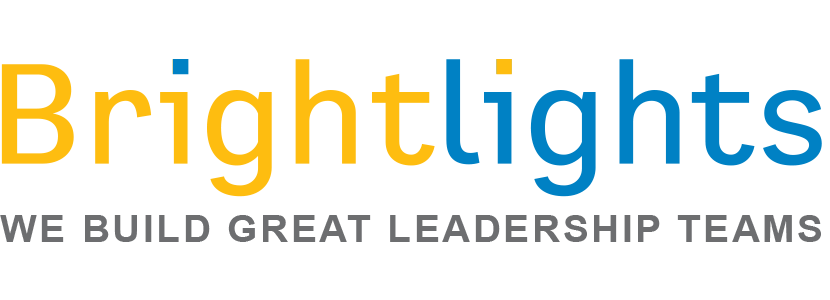The Importance of Reference Checks or…
‘I interviewed and hired based on your resume.
How come you showed up?’
Buyer’s remorse is defined as… ‘the sense of regret after having made a purchase. It is frequently associated with the purchase of an expensive item such as a car or a house (or a significant hire, in this case). It may stem from fear of making the wrong choice, guilt over extravagance, or a suspicion of having been overly influenced by the seller.’
For a leader, there are few things as painful as a mis-hire of a senior member in your organization. Whether it be lost opportunities, bad optics from your board and other leadership members or your own sleepless nights, the costs are significant.
There are a myriad of things that you can do to improve your ratio including: making sure you are hiring at the right level; hiring for attitude rather than skills only; the use of assessment tools; panel interviews and solid reference checking.
The reference checking process is not just about the questions that you ask (although I’ve enclosed some questions below). It’s about engaging in a conversation with the referee to make sure they’re aware that you’re coming from a good place. That is, a position that you want to do what’s right for the candidate as well as your organization.
I use the following preamble:
‘My name is Mike Fox and I represent (ABC Company) for a search where we’re strongly considering (Candidate X). He’s been kind enough to provide me your name as a reference, and I’d like to take 20 minutes of your time to make sure we’re doing the right thing by (Candidate X) and our client. That is, a place where Candidate X can grow in her/his career and where they’re going to be able to add a ton of value to the organization.’ ‘Let me tell you about the company and the opportunity and perhaps I can then ask you some questions. Does that work?’
You want to make sure that the referee knows that you have the best interests of the candidate in mind, and not just trying to uncover ‘dirt’. In my experience, their posture and openness shifts significantly at that point…even for negative points about the candidate. Here are some topical questions to consider.
Overview
- Position and responsibilities?
- How long did you work with the candidate?
- What was the reporting relationship?
- What was their reason for leaving?
Management Style
- Number of people managed?
- Style of management?
- Do his/her people follow them?
- Decision making style?
- Financial responsibilities?
- Involvement in strategy?
Soft skills
- Personal qualities that come to mind
- Communication skills?
- Listening skills?
- People engagement?
- Conflict management?
- Getting along?
- Interaction with customers?
- Energy level?
- Responding to his/her manager?
Impact on the organization
- Their impact on the company, the department and their team?
- Biggest accomplishment?
- Involvement in increasing visibility of your company?
- Creativity in building the team?
- Negotiating skills?
- What kind of legacy did he/she leave?
Strengths and weaknesses
- Biggest strengths and its impact on your company?
- Areas that showed most improvement?
- Biggest professional challenge and how they overcame it?
- Where does he need most support?
- Memorable experience?
- Any bad habits that we should be aware of?
Alignment and closing thoughts
- What would be their ideal position and why?
- Fit or liability for position being suggested?
- Kind of work environment needed to succeed?
- Would you rehire him/her?
- Anything to add?
Two last points. The more senior the individual doing the reference, the better. No one wants to be doing a reference with someone who knows little about the role or the candidate. As well, the more of a conversation that you can generate (rather than an interrogation) the more you’ll dig up the good stuff for the right match.

Recent Comments